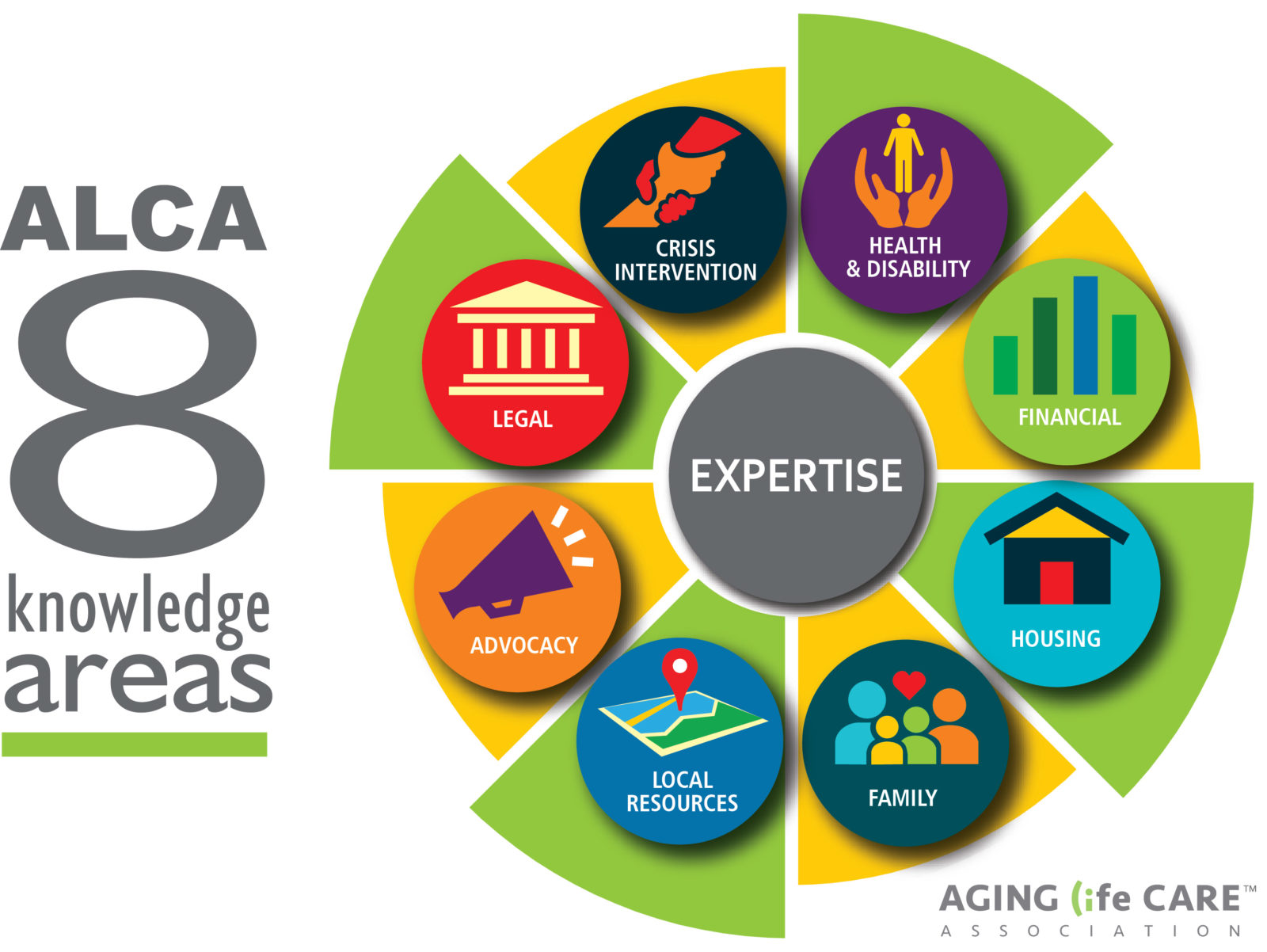Services

Care Management
The Care manager meets with the Client to establish a relationship and perform a comprehensive assessment. The Care Manager develops a customized care plan based on the findings. The Care Manager provides ongoing monitoring and coordination of various aspects of daily living. Care management includes, but is not limited to:
- Home care services: determining the types of such services that are appropriate for the Client and assisting with engaging those services.
- Medical management: scheduling and attending doctor appointments. Coordinating with other health care providers (i.e., physical therapist), facilitating communication between providers, the Client, and family, and monitoring the Client’s adherence to medical orders and instructions.
- Housing: helping the Client select and evaluate appropriate levels of care and residential options (i.e., assisted living, skilled nursing facility, etc.).
- Communication: keeping family members and professionals informed as to the well-being and changing needs of the Client.
- Social Activities: providing opportunities for the Client to engage in social, recreational, or cultural activities that enrich the quality of life.
- Legal: referring to, or consulting with, an elder law attorney.
- Financial: overseeing money management and bill-paying needs. Referring to financial professionals (i.e., bookkeepers, accountants, financial planners, etc.).
- Entitlements: providing information on Federal and State entitlements and connecting the Client to local programs.
- Safety and security: monitoring the Client at home, recommending technologies and equipment to improve safety, and observing changes and potential risks of exploitation or abuse.
- Transportation: helping the Client explore driving cessation, assisting the Client in scheduling and accessing appropriate transportation services.
- Support: offering ongoing counseling, support, advocacy, and education.
On-Call Care Management
The Client may not need regular care management services right now, but wants to be prepared for future and have access to professional support and advocacy. In these circumstances, the Care Manager meets with the Client to establish a relationship, perform a comprehensive assessment, and review long-term care planning needs. If there is a change, such as in health status, if a local caregiver goes out of town or becomes ill, or if the Client requires crisis intervention, the Care Manager will be available to respond. When everything is stable, a quarterly home visit or telehealth call will ensure information is updated.
Crisis Intervention
We have the experience and resources to help guide you during a crisis. We are on call 24/7 and are prepared to deal with emergencies as they arise. Whether a crisis needs immediate attention, such as hospitalization or an emergency placement to a safe environment, or a less emergent but dangerous situation, such as self-neglect or financial exploitation. No problem is too big or too small to contact us and see how we can help.
Family Consultation
The Care Manager meets with an individual or group of family members to explore future planning needs and available resources. The Care Manager provides education on resources and referrals and facilitates care planning assignments.
![Guiding Care [logo]](https://www.guidingcarefl.com/wp-content/uploads/sites/361/2021/05/logo.png)

![Caregiving in the Movies [post thumbnail]](https://www.guidingcarefl.com/wp-content/uploads/sites/361/2025/01/GettyImages-1397345056-300x200-1.jpg)